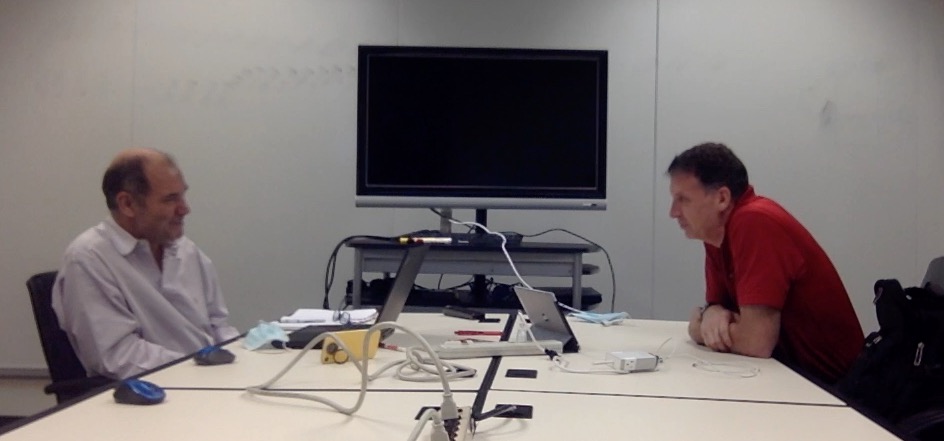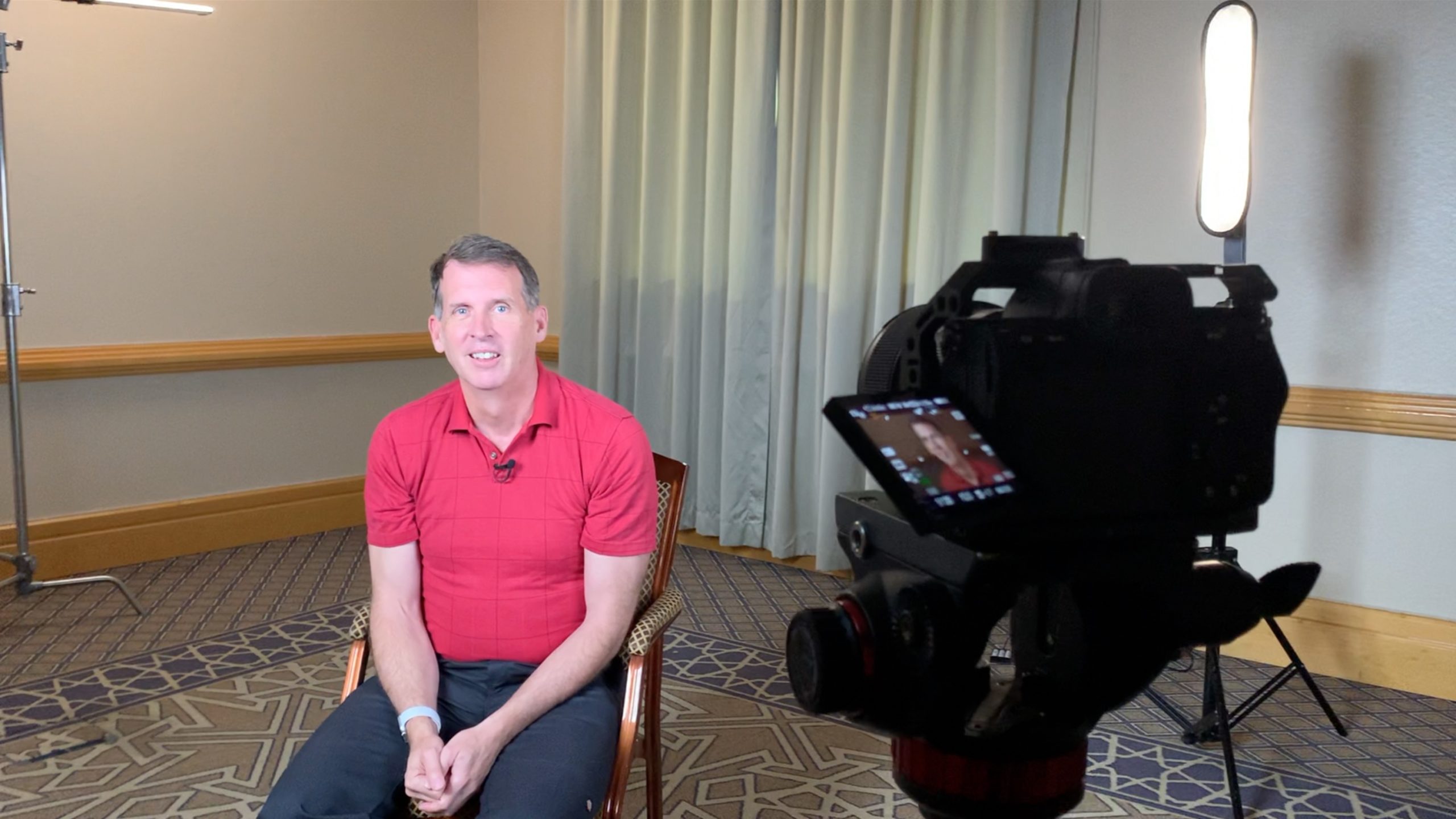To many, trustworthiness seems pretty old fashioned; so old that it is perceived as a competitive disadvantage. Someone who doesn’t care about honesty can do anything they like; they aren’t constrained in their choices.
This is mistaken thinking. Trustworthiness generates greater efficiencies than will ever be available to the untrustworthy. Book-length contracts can be reduced to a conversation and a handshake. Expensive enforcement processes can be reduced to a simple acknowledgement, “I’ll do it.” Dubious due diligence isn’t necessary if one can say, “You’re a person of integrity, I trust you.”
Those with the highest credit scores–one measure of trustworthiness–have the greatest efficiencies in many processes in life today, from hiring, to borrowing, even to acceptance into certain social and commercial groups. But trustworthiness is more than just a credit score; it’s how one lives his or her life.
I’m quite certain the most developed countries in the world have the lowest legal, government, and police costs. Our modern world is built upon trustworthiness. In the next few episodes we’ll explore how trust is at the core of coming social commerce trends.
This is episode 105 of Conversations with Kip, the best financial systems vlog there is.
https://youtu.be/a8ISt3XRKCU”





[…] am very, very fortunate to have so many long lasting relationships from my work. As I have noted elsewhere on this blog, trust drives efficiencies–even in transactions–that can’t be imagined by those […]